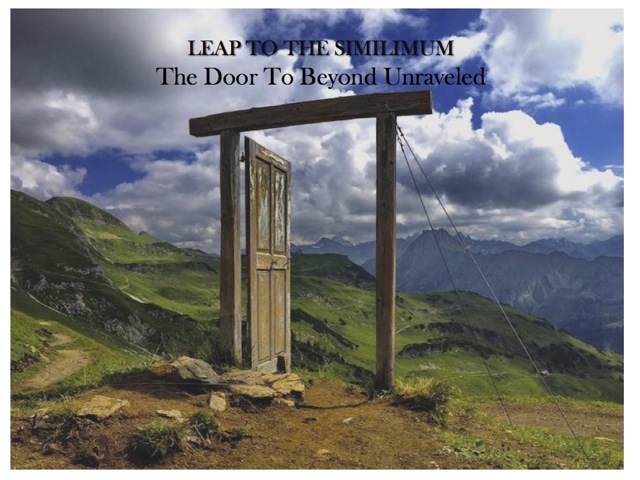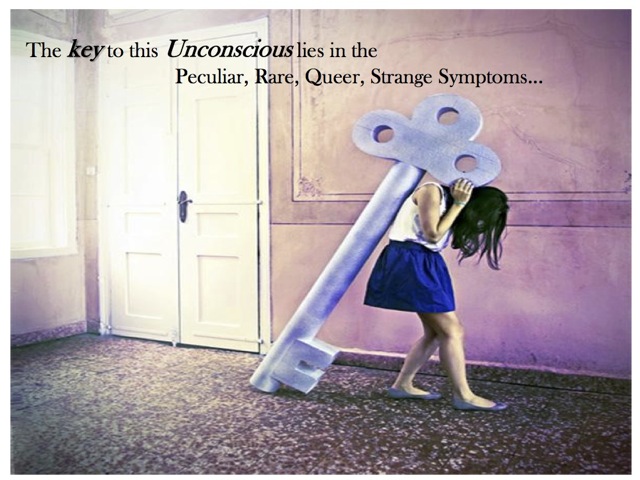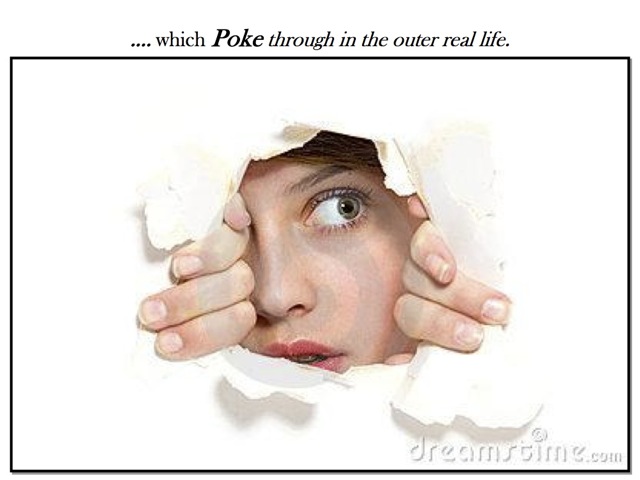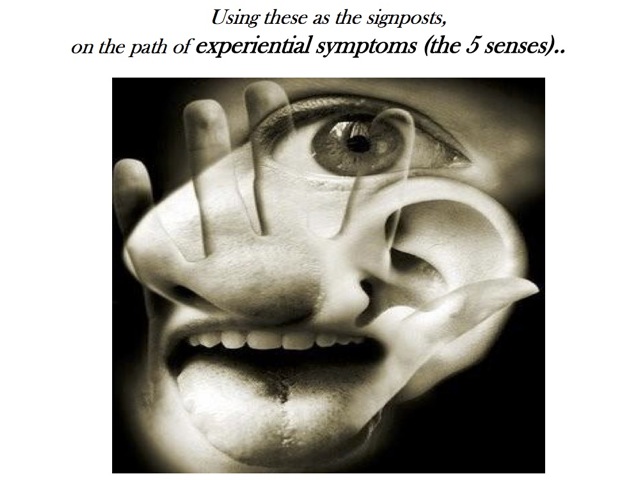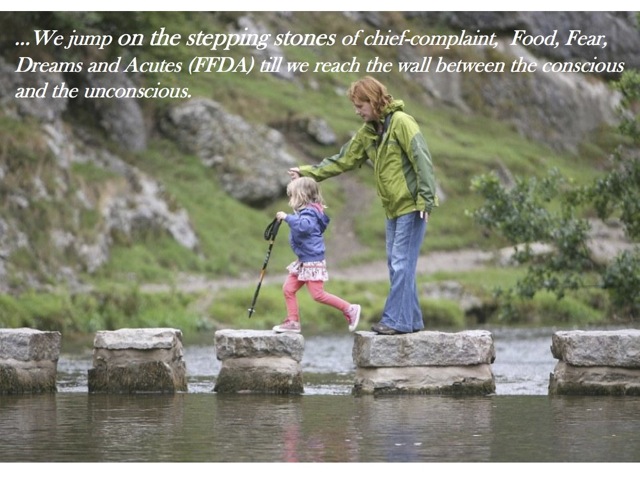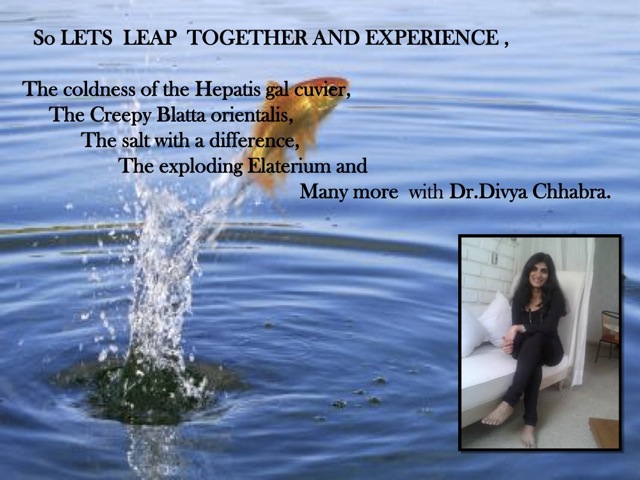Klassische Homöopathie und die Alchemie der Heilung als transformierender Prozess
In diesem Seminar wird das Wissen über die Heilung der Seele mit den Archetypen der „Alten Welt“ im Mittelpunkt stehen: Isis, Horus, Osiris, Mutter Maria, auch von Maria und Magdalena und noch weiteren. Es geht hierbei nicht um eine religiöse Perspektive, sondern vielmehr um die Entdeckung der „Ka“-Energie. Die „Ka“-Energie ist eine Bezeichnung aus dem alten Ägypten, ein Begriff für Lebensenergie, das Qi oder die Quantum-Kraft. Alize wird in diesem Seminar die Homöopathie als einen alchimistischen Prozess darstellen, der auf Einsichten in Philosophie, Mythologie, Theologie, Mystik, Psychologie, Kosmologie, Astrologie, Biochemie und Physik beruht. Sie wird den Symbolismus der Materia Medica beleuchten.
Themen mit denen wir uns beschäftigen werden, sind: der Einfluss des Mondes, das endokrine System, sowie die Qualitäten der sieben alchemistischen Metalle (Aurum, Plumbum, Stannum, Ferrum, Merkur, Cuprum, Argentum). Schon Hahnemann lehrte uns, dass eben diese sieben Metalle am allerwichtigsten sind. Denn diese seien es, die dem Geist helfen sich zu inkarnieren und einen Zustand von Einheit und Ganzheit im Sein hervor zu rufen. Die Arzneien, die in diesem Seminar unter der Perspektive des alten Wissens vorgestellt werden, sind: Blauer Lotus, Schokolade, Kobra (Naja), Krokodil, Falke, Lac felinum, Lac humanum, Lac leoninum, Lac lupi, Luna, Moonstone, Oxytocine, Perle, Sanguis menstrualis (Menstruationsblut,) Sepia und Tilia europaeum (Linde). Darüber hinaus einige Arzneien aus der Uran-Serie.
Es wird ein sehr besonderes Seminar werden, Alize wird uns mitnehmen auf eine Reise in einen Zustand der Ganzheit mit Hilfe eines meditativen Prozesses: Mentale Aufmerksamkeit und persönlicher Wille ergeben eine Intention. Eine Praxis, die zu „Quantum Ereignissen“ führen kann, im Körper, sowie im Geist. Wir können dies erfahren indem wir in Resonanz mit unseren Arzneien gehen, sie können uns auf den Pfad zur Wiederentdeckung unseres „wahren Selbst“ führen und somit zu unserer authentischen Kraft leiten, in der wir leben und mit der wir heilen können.












